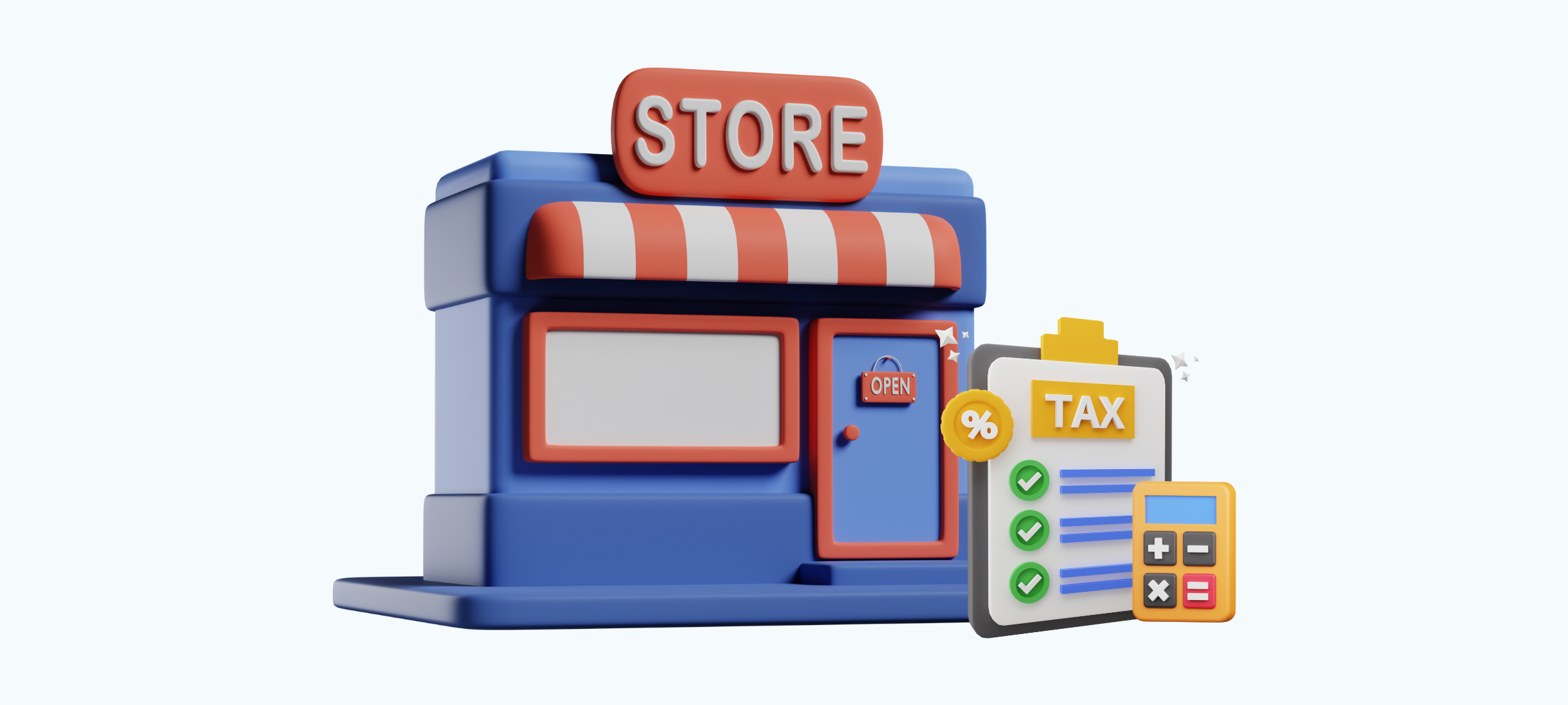
For a business owner, accounting is one of the core aspects that requires their undivided attention. Accounting, when done right, enables businesses to track money accurately. It lets you see your earnings, spending, and savings, keeping you informed and helping you make the right decision. However, with multiple roles or mismanagement, businesses are often not able to manage their accounting efficiently. This is especially true for small business owners who manage their accounting themselves or do not seek the help of an expert.
In this article, we delve into common accounting mistakes that can occur in organizations. Identifying the mistake at the earliest will help you save yourself from losing your money, time, and energy, and help you maintain clean records and compliance.
Data entry errors are one of the most frequent accounting mistakes businesses tend to make. It usually happens when manually entering a digit into the book, for example, input of $22000 $2200 can be mentioned. They can occur when entering transactions into the accounting system, such as transposing numbers or entering the wrong amount.
Tip: Make use of accounting software with error detection features. These systems can flag unusual amounts or patterns. Also, do not hurry while entering the inputs; enter data with precaution. Always double-check your numbers before saving them.
An omission happens when a transaction isn’t recorded at all. It could be a lost receipt or a forgotten invoice. These mistakes are easy to miss because there's no visible error—just something missing from your books.
Tip: Set up a system for recording all transactions. Use cloud-based accounting tools or even simple checklists. Store receipts, physical or digital, and make sure everything is entered into the system. Reconcile your records with your bank statements at least once a month to catch anything missing.
This error occurs when you record something, but you record it the wrong way. For example, you might put a purchase under the wrong expense category or record a customer payment to the wrong customer account.
Tip: Take time to learn the basics of your chart of accounts. If you're unsure where to post a transaction, ask someone with accounting experience. Most errors of commission come from not knowing how to classify things correctly. Good accounting software can help, but your understanding matters too.
These mistakes happen when a transaction is recorded in a way that violates accounting rules. One example is recording an operating expense as a fixed asset. These errors can seriously misrepresent your financial position.
Tip: It is important to make your fundamentals stronger. Understand the basics of accounting principles and how it is applied to your business. If you need assistance, take the help of a professional, qualified accountant. Make sure you learn how to avoid common rule-breaking errors.
Fraud is not an error but an intentional crime that can happen to any business. It is important to ensure optimal safety so your business does not become a victim of the scam. These can be any situation, be it an employee faking a receipt, inflating expenses, or money saved up in the wrong account.
Tip: To avoid a situation of fraud, create a system of internal checks. Have more than one person review high-value transactions. Use accounting tools that show who made each entry. Limit who can access your financial records. Most importantly, train your staff on ethical behavior and what counts as fraud.
Accounting mistakes are not small errors that can be overlooked; they can cause a business some serious damage. Here are some of the potential risks that can result from accounting errors:
Financial Losses
Even small errors can lead a business to hefty expenses. You might not notice until months later. And by then, the damage is already done. If you undercharge customers or forget to claim expenses, you’re losing money without realizing it.
Fines and Penalties
Missing a deadline or filing incorrect reports can lead to penalties defined by the government. For example, if you miss out on your tax filing date, you will be subject to a penalty. Businesses are also charged heavy penalties if they are found to be involved in any financial scam.
Reputation Damage
Good accounting records help businesses maintain a good reputation among their clients as well as internal members. Consistent accounting errors can affect your business credibility.
Legal Problems
You need to be extra cautious with this one. If your numbers are wrong, you can be caught to legal recourse. This might come from investors, partners, or creditors who relied on your records. Even if the mistake was unintentional, you may still be held responsible.
Mistakes and accounting errors are not rare, but they can be prevented and fixed by following some good habits. Here are some practices you need to take into account for your business finances. But with the right habits, you can reduce the risk. Here are some simple but effective steps:
Conclusion
Accounting mistakes cost time, money, and trust. But most of them are preventable. Build habits that keep your records clean. Use tools that make the job easier. And when you need help, ask a professional. Staying on top of your books helps your business grow. It keeps you compliant and gives you a clear picture of where you stand. BookkeeperLive offers simple, affordable bookkeeping and accounting services. We help you stay compliant and focused on your business.
BookkeeperLive provides affordable bookkeeping and accounting services tailored to your business goals.





No calls, No meetings, No spam. Get started with a free trial by filling out the form.
*NDA included for your data protection.
Copyright © 2025 BookkeeperLive. All rights reserved. Privacy Policy Terms of Use
Please visit our India site to see services designed for your country
Enter the code, fill out the form, and unlock financial clarity with a free trial.